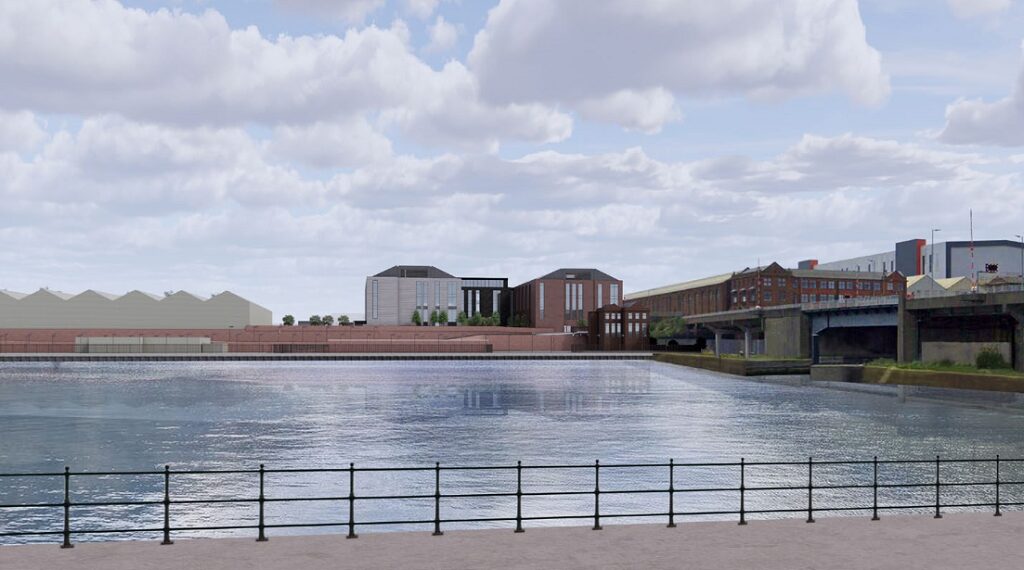The changing role of… lawyers
Lawyers need to learn product development skills to make the most of the potential for tech to change their services, according to Dominic Hordern, head of asset management in the real estate team at international law firm Mills & Reeve. Dominic took part in the original ‘changing roles’ series with PlaceTech in 2019 and here revisits the topic of tech in property law.
How would you describe the progress of tech in your role in the past three years?
Considerably faster than expected due to direct and indirect consequences of the pandemic. Necessity forced everyone to work from home and embrace quite basic technology to meet our needs. Videocalls using Zoom and MSTeams became second nature. Using phones to scan documents, marking up documents on pdf tools such as Nitro Pro and Acrobat Reader. The indirect impact has been that everyone has had their eyes opened to the opportunities and benefits of tech. As a result the willingness to adopt other tech or more advanced tech is now far more prevalent.
Is there tech that you and your clients rely on daily?
Video meeting tech is part of our daily routine. “Let’s have a Teams meeting” has become such a commonplace term it is hard to imagine that most lawyers probably had not heard of MSTeams before March 2020. Content-sharing platforms such as HighQ and Citrix Sharefile are in constant use, in part due to document sizes but also because they give users 24/7 access to content without having to ask lawyers for it. Electronic signing platforms such as DocuSign and NitroSign have changed expectations for how documents are signed and are again becoming as commonplace as MSTeams.
How has tech already impacted your role?
Seeing clients daily, albeit virtually, has changed relationships and created a better sense of team. With ESG being at the forefront of people’s minds using a video meeting to save travelling costs, time and environmental impact create additional benefits.
Screen sharing across calls or video meetings has had an immeasurable impact on communication and collaboration. Seeing what someone is talking about, particularly when dealing with the built environment, really does mean that a picture paints a thousand words.
Electronic signature platforms have been opened up to real estate because of the Land Registry’s changed approach. Saving time, improving experiences for clients and again providing an ESG benefit when legal documents remain electronic.
Have your expectations about the future benefits of tech changed?
Some of our current legal processes will need to be rebuilt to see the full benefit of new tech. For example, analytical and data surfacing tech enables a different approach to due diligence. To really benefit we should adapt to how the tech approaches the answers we seek rather than just slotting it into our current processes in place of a lawyer. This requires new skills within law firms. Process mapping and product development skills are seldom discussed for law firms. These are probably more important than learning to code as tech becomes simpler to use. How to use tech, from a macro viewpoint, is going to be key to distancing ourselves from our peers.
What benefits of tech speeding up legal processes risk being overlooked?
If all we do with the time savings is complete the legal process quicker then the only benefit is cost savings. Whilst legal spend benefits are important the real benefit of data capture being quicker is having more time to analyse it and give clients useful insights that can then drive their businesses forward. A key difference between a human and a machine is the human brain. That is really what we should be valuing; what insights can lawyers give clients from the data that has been captured. If we move from two-thirds of our time being spent on data capture to two-thirds of the same time being spent on insights those insights will be a lot more valuable.
What is on your wishlist for tech, is there a problem you wish tech could solve?
Stay simple, do simple really well and then add layers of complexity if required. Lawyers are busy (I won’t say too busy) and complex tech will fail to deliver the promised benefits. Simple tech that delivers me a 10 minute benefit in 30 seconds will keep me interested.
A problem I wish tech could solve? Aside from finding more time for thinking. Find a solution to large document sizes. We are digital, that is a good thing but our digital footprints are starting to weigh us down. We still have maps, drawings, spreadsheets, schedules of condition and many other things going into legal documents. This regularly makes them too big to email or sign electronically, increases the cost of storage and causes delays or frustration to lawyers and clients alike. Rather than workarounds, a tech solution would be welcome.




